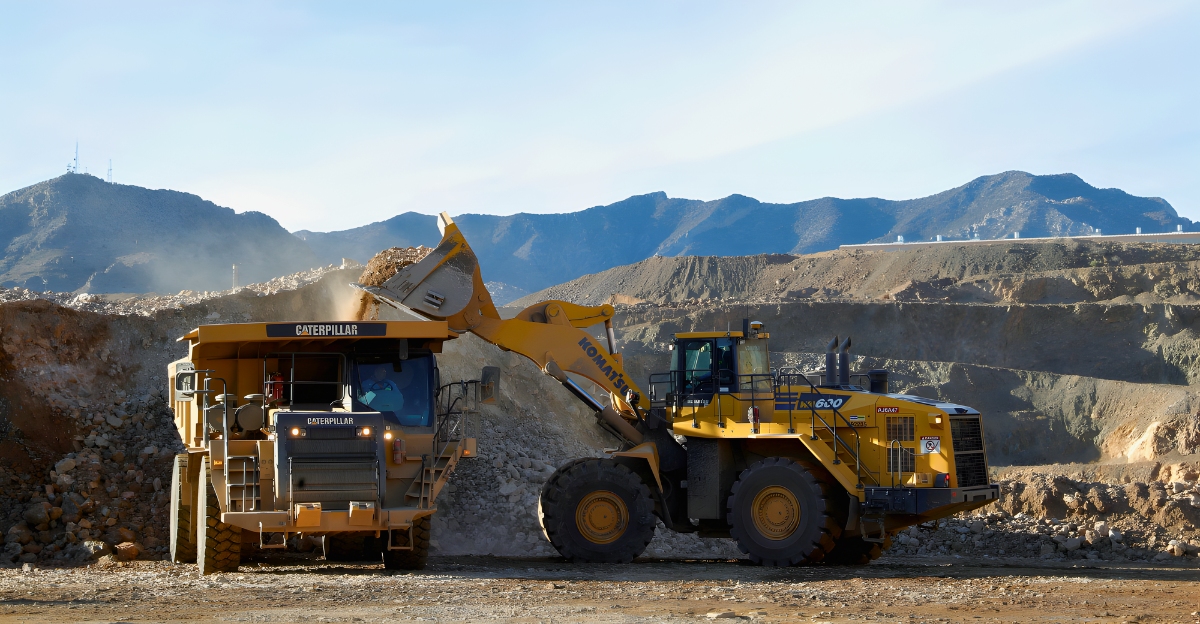
California’s Colosseum rare-earth mineral mine has finally been given the go-ahead by U.S. officials. This approval will have huge implications for America’s supply chains, as crucial minerals can start being produced locally without the need for expensive imports.
Historically, China has provided the largest supply of rare-earth minerals to the rest of the world. However, in light of trade tensions and national security, the United States has pivoted to become more self-sufficient. The Colosseum mine has entered the stage to become the second mining operation for rare-earth minerals on American soil.
The Importance Of Rare Earth Minerals

While most people go about their daily lives without ever thinking of rare-earth minerals, they are some of the most important minerals. They are found in many everyday products, like phones and EVs, and are crucial in the production of wind turbines and military equipment.
Oddly, rare earth elements aren’t as rare as the name suggests. The rareness comes in how difficult they are to mine out of the ground while remaining an economically viable venture.
China’s Chokehold
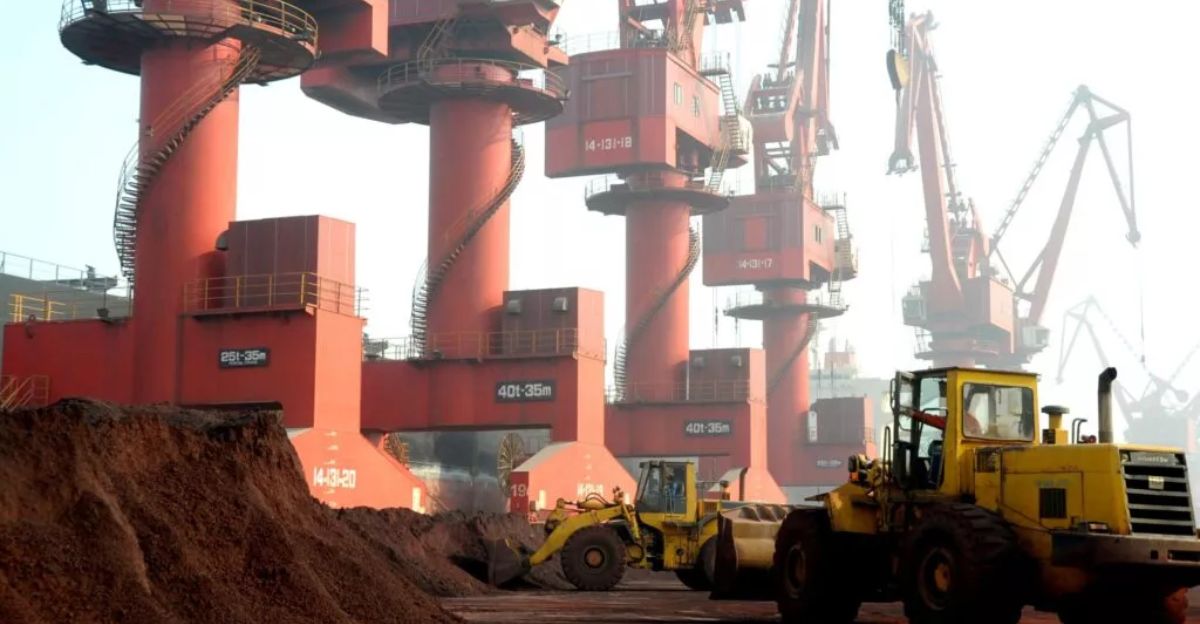
In the past, China has had strong control over the world’s supply of rare earth elements, producing around 70% and controlling nearly all global refining and processing efforts.
When China holds so much control over this important element that other countries desperately need, it means that they can also control who gets the supply and, importantly, what the prices are. The U.S. has seen this as a vulnerability, hence the move to produce its domestic supply of the minerals.
The Location Of The Mine
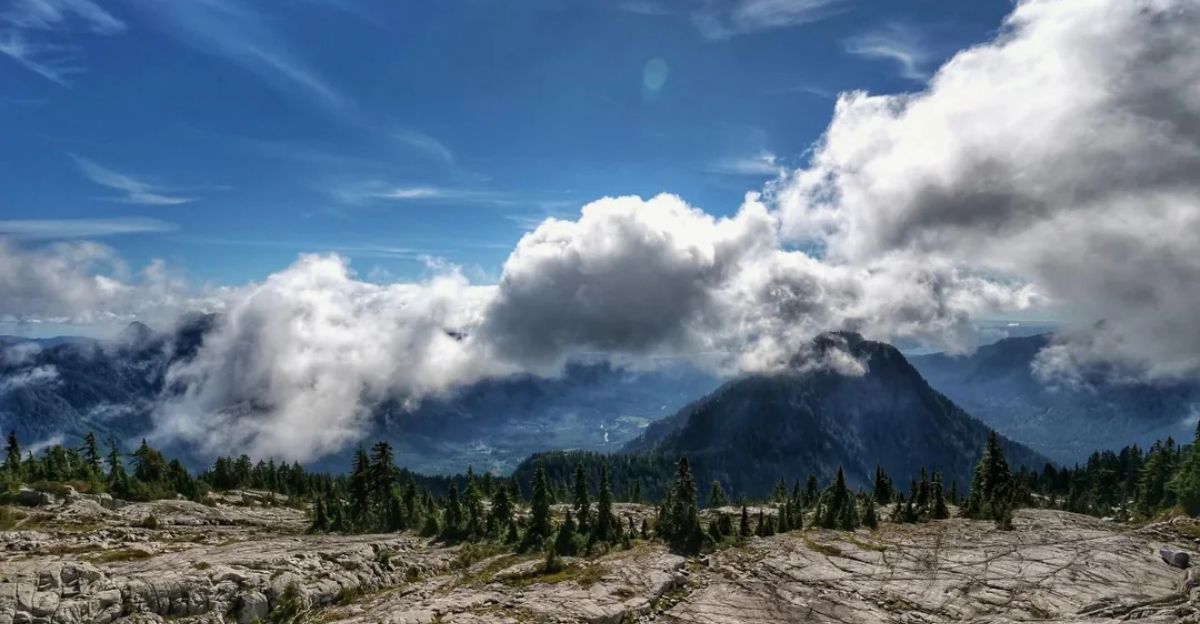
The Colosseum project is a beacon for U.S. businesses and military applications alike. The key to the project is its location, just north of Mountain Pass. It is one of only two mines capable of extracting rare earth minerals.
The site is also near existing mining infrastructure that dates back nearly two hundred years. This makes the operation economically viable and one of the best bets the U.S. has at mining its own rare earth minerals.
Getting Approval
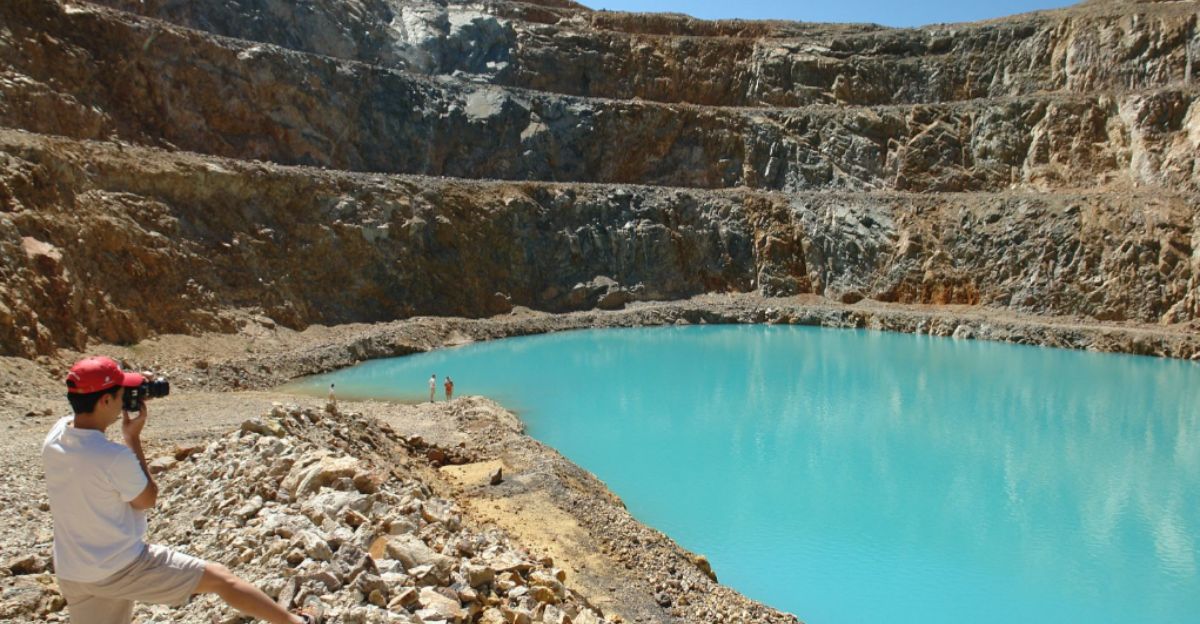
The project has gotten recent approval from the Department of the Interior and has been publicly supported by some of the U.S.’s top officials. This shows strong backing by government entities and comes with the benefit of cutting through regulatory tape.
The U.S. is desperate to produce rare earth minerals, meaning the Colosseum mine is gaining quick traction and overcoming hurdles.
Controversy

While many supporters of mitigating the U.S.’s dependency on China praise the mining project, it has had its fair share of controversies. Environmentalists and the National Park Service greatly criticized the quick approval.
These entities have voiced their opinions and raised concerns about the Mojave National Preserve. The preserve houses many endangered species; historically, mining has negatively impacted these environments.
Leveraging Rare Earth Minerals
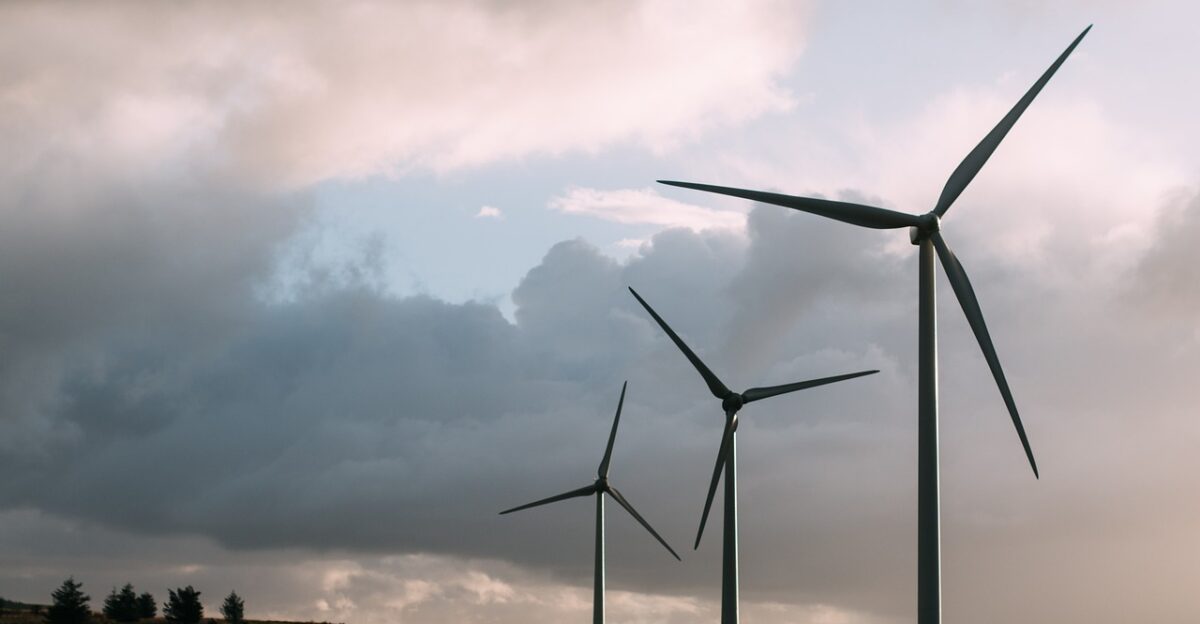
Rare earth minerals are crucial to producing many U.S. products, such as electric vehicles, wind turbines, and military equipment like guidance systems. Buying the supply locally means no concerns about import tax and less dependence on an external supply chain.
Among the most valuable rare earth elements are neodymium, dysprosium, and lanthanum. The U.S. is moving towards sustainable energy systems and evolving its military demands, making these elements more important than ever.
Alternatives
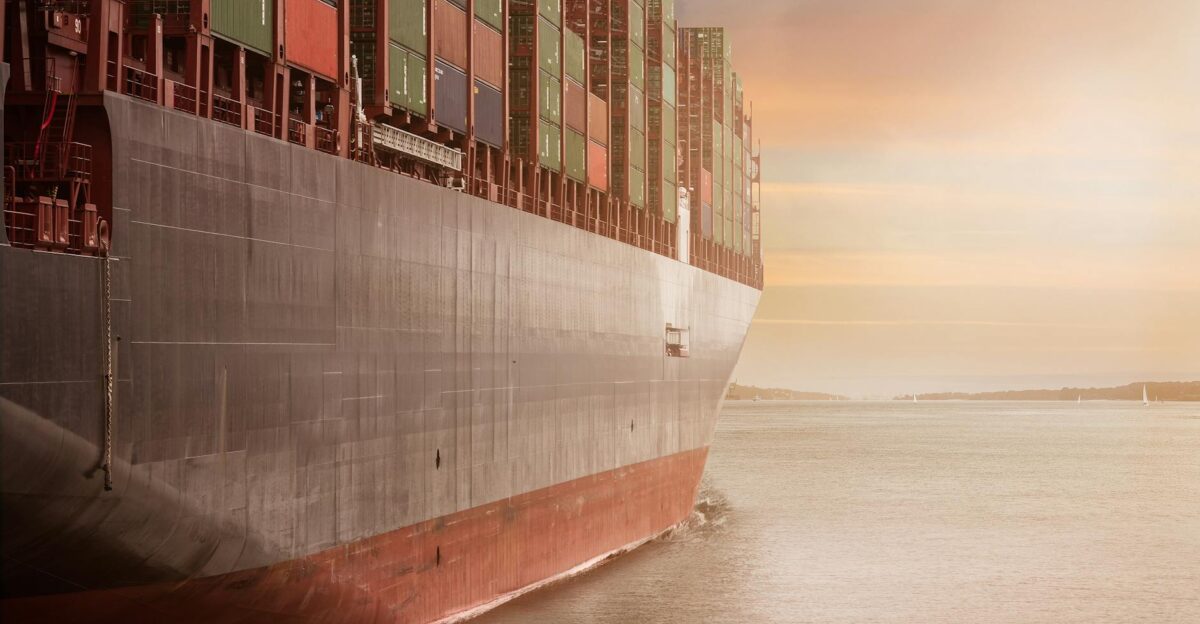
With export troubles that China has imposed, many countries have had to quickly look for new suppliers in other countries, such as Greenland and Australia. The U.S. has even thought about giving subsidies to rare-earth projects in foreign countries to establish new supply lines and distance itself from China.
Many countries need these minerals, and the U.S. is desperate to obtain them. Establishing the Colosseum mine should put the nation on the map as a rare earth element supplier.
Economic Impacts
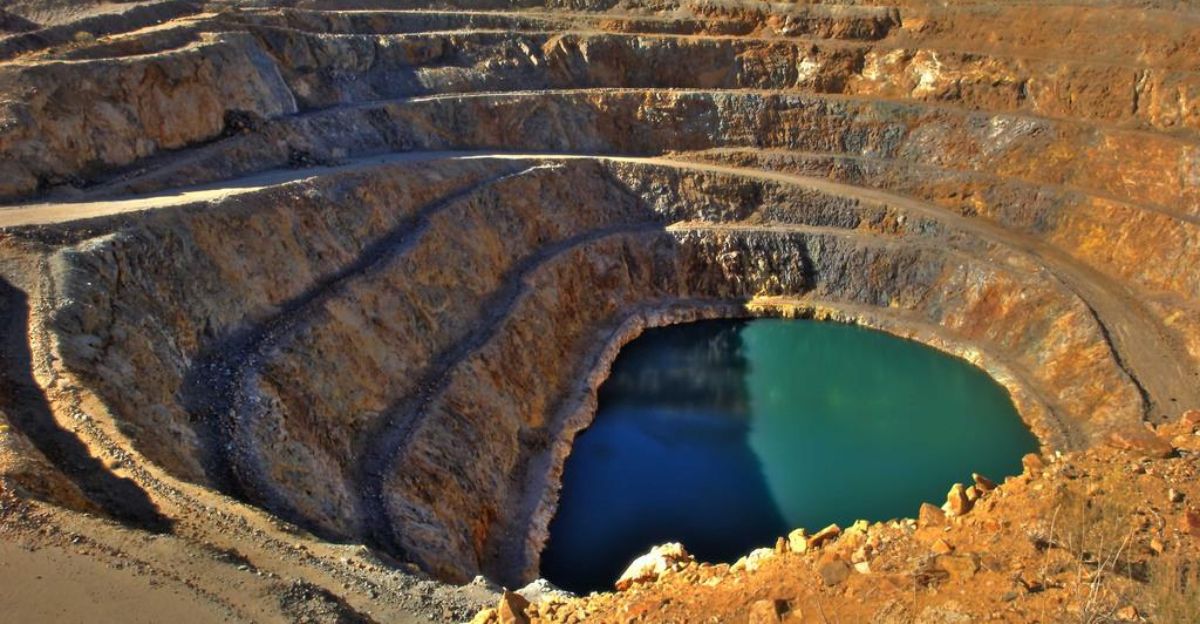
The U.S. government is confident that local production of these minerals will attract new investment in domestic processing and manufacturing, help keep prices stable, and establish strong supply lines.
The U.S. is confident in its process, and once extracting starts in the Colosseum mine, there will be no going back.
The Future Of Rare Earth Minerals
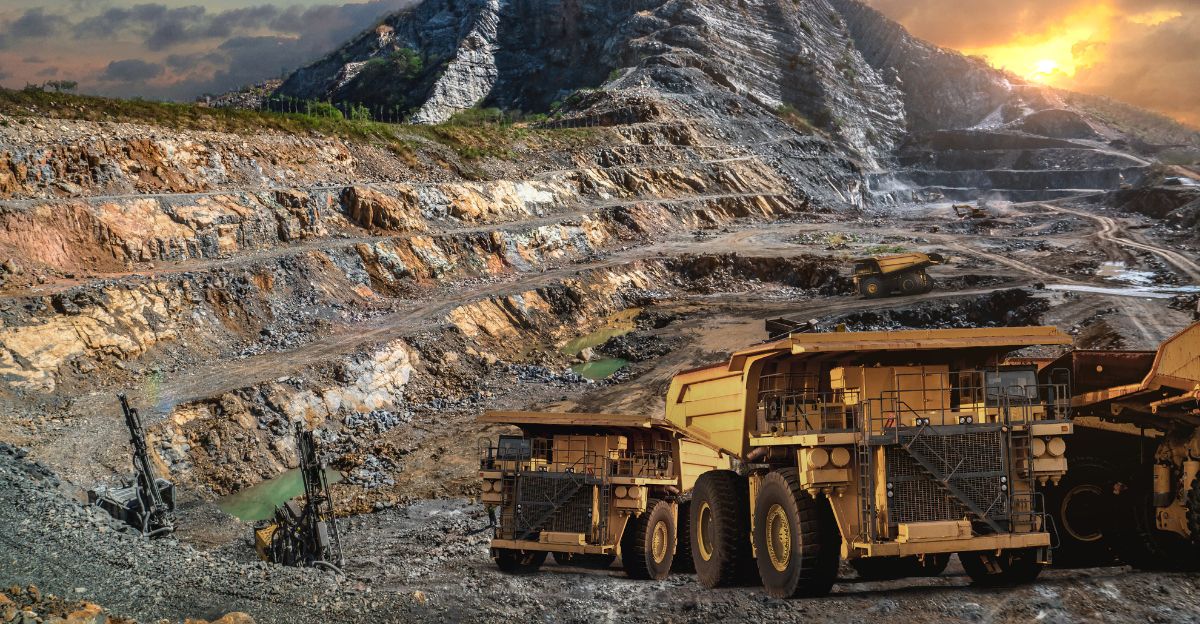
China’s longstanding monopoly on rare earth minerals will be challenged, with countries looking for alternatives and the U.S. investing in domestic mining.
In the future, facilities will expand to account for greater domestic production despite potential environmental impacts. The goal is clear: economic safety and national security.
